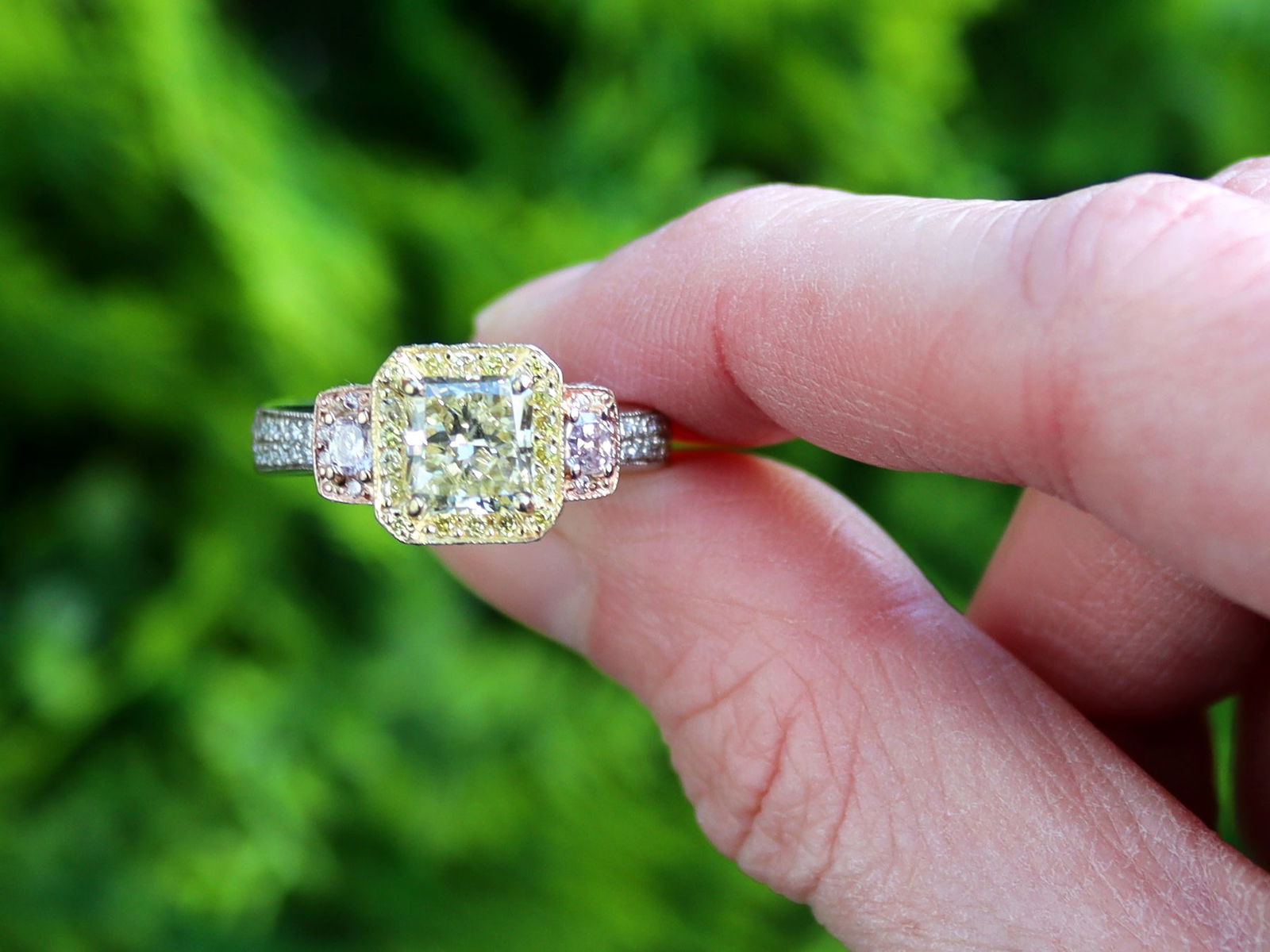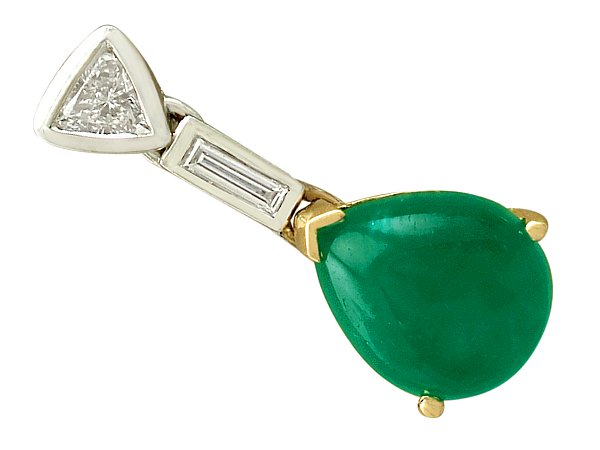Many people are drawn to buying antique and vintage jewellery as a more ethical and sustainable choice. If you’re a bride to be or fiancé searching for the right ring, consider going down an ethical route with this guide to ethical engagement rings.
What Makes an Engagement Ring Ethical?
There are a few factors to think about when trying to make an ethical choice. The most popular decision is buying antique and vintage jewellery. When choosing old over new you are acting as a conservator of luxury goods rather than a consumer. Buying a pre-loved engagement ring ensures you are reducing your carbon footprint and preventing your contribution to environmental damage and conflicts associated with the diamond trade. Essentially buying vintage is like recycling. As the new owner of a pre-loved piece of jewellery, you’re avoiding consumerism and recycling the piece for a new lease of life.

How Are Gemstones Ethically Sourced?
Ethical gemstones ideally have a transparent supply chain and limited environmental and social impacts. A gemstone is considered ethically sourced if sourced from environmentally responsible and sustainable mining practices. These practices take accountability for providing safe working conditions for the people involved at every stage of the process. However, there are limited resources to trace the gemstone supply from mine to market, complicated by the many hands gemstones pass through to be mined, cut and then sold. Luckily many suppliers are striving to be more transparent about their processes and welcome opening up dialogue on the subject.
Conflict Free Diamonds
Conflict diamonds are diamonds mined in war zones and sold to finance the conflicts. Sometimes referred to as blood diamonds, these diamonds profit warlords and commercial diamond companies. Blood diamonds are typically diamonds that have been mined in the 20th and 21st centuries during the civil wars in Angola, Sierra Leone, Liberia, Ivory Coast, Guinea and Guinea-Bissau. The civil war in Liberia, West Africa is thought to have been funded from $125 million dollars of diamond sales, funding weapons and training.
Whilst the process has become more difficult through the efforts of the Kimberly Process Certification Scheme (KPCS), conflict diamonds are still illegally traded to this day. If you’re looking for a conflict free diamond, try opting for antique pieces mined before 1990 to avoid the time of conflict.
Lab vs. Natural
There is still the argument that lab grown diamonds reduce environmental damage as there is no mining requirement, there are still other factors to consider. Whilst some companies are able to claim to ‘conflict-free’ through use of only lab-made gems, this practise also has unethical complications. Without demand for natural diamonds, miners are unable to survive or sustain lifestyles, shutting down communities and countries. The shift from natural to lab-grown gems for the sake of companies greenwashing disrupts the ecosystem of mining and affects the economies of many low GDP counties. It’s important to bear in mind that the shift comes at a time where fair-mined gemstones are more accessible than ever.
Traceable Gemstones
When looking for a gemstone engagement ring, an ethical route is choosing a traceable gemstone. Sri Lankan Ceylon sapphires make a stunning and ethical choice as uncontrolled mining in Sri Lanka is considered virtually non-existent due to strict government rules and licensing systems. As a low-conflict stone, Ceylon sapphires make a great ethical addition to our excellent range of sapphire engagement rings. These three Ceylon sapphire rings are each accredited with documentation stating their origin (Sri Lanka) and certification that the gems are untreated; a scarcity. Finding gemstones with traceable origins is a great ethical step in finding your perfect engagement ring, but if sapphires aren’t your vibe try Colombian emeralds or Siam, Thai or Burmese ruby engagement rings.
Whilst a complex to make, it could be suggested that by buying antique and vintage engagement rings you are bypassing these hard decisions, as your purchase will not create any additional contribution to the ethical implications undergone in the mining industry, as no mining process is necessary for you to enjoy your new ring for many years to come.









